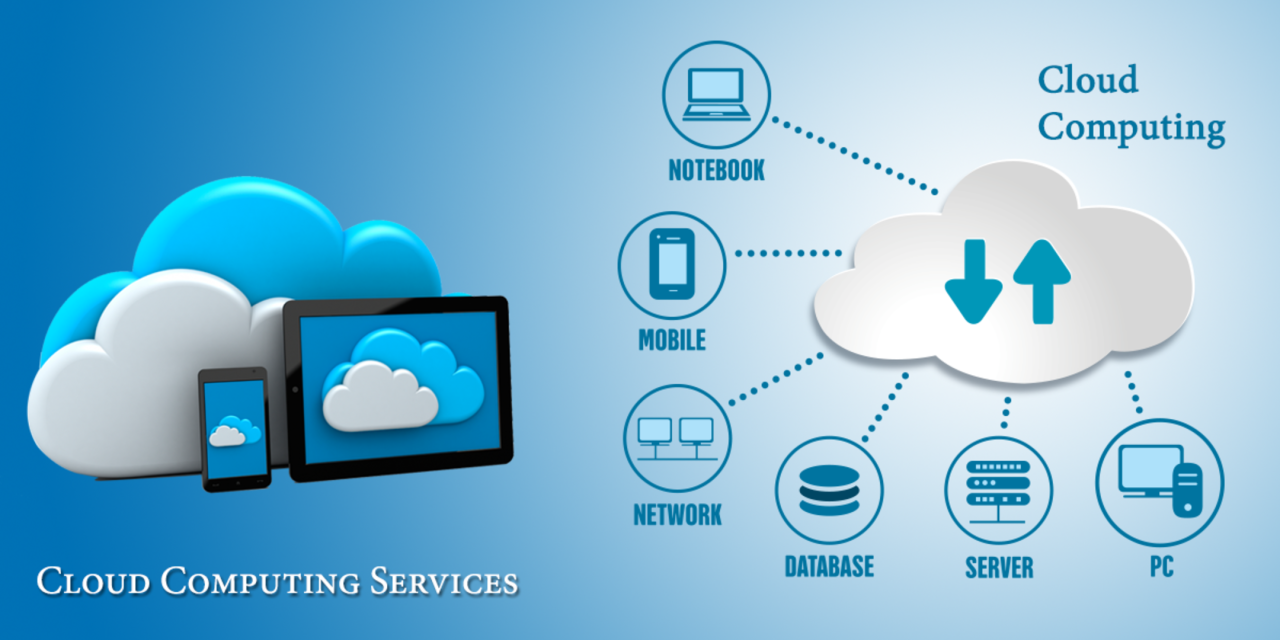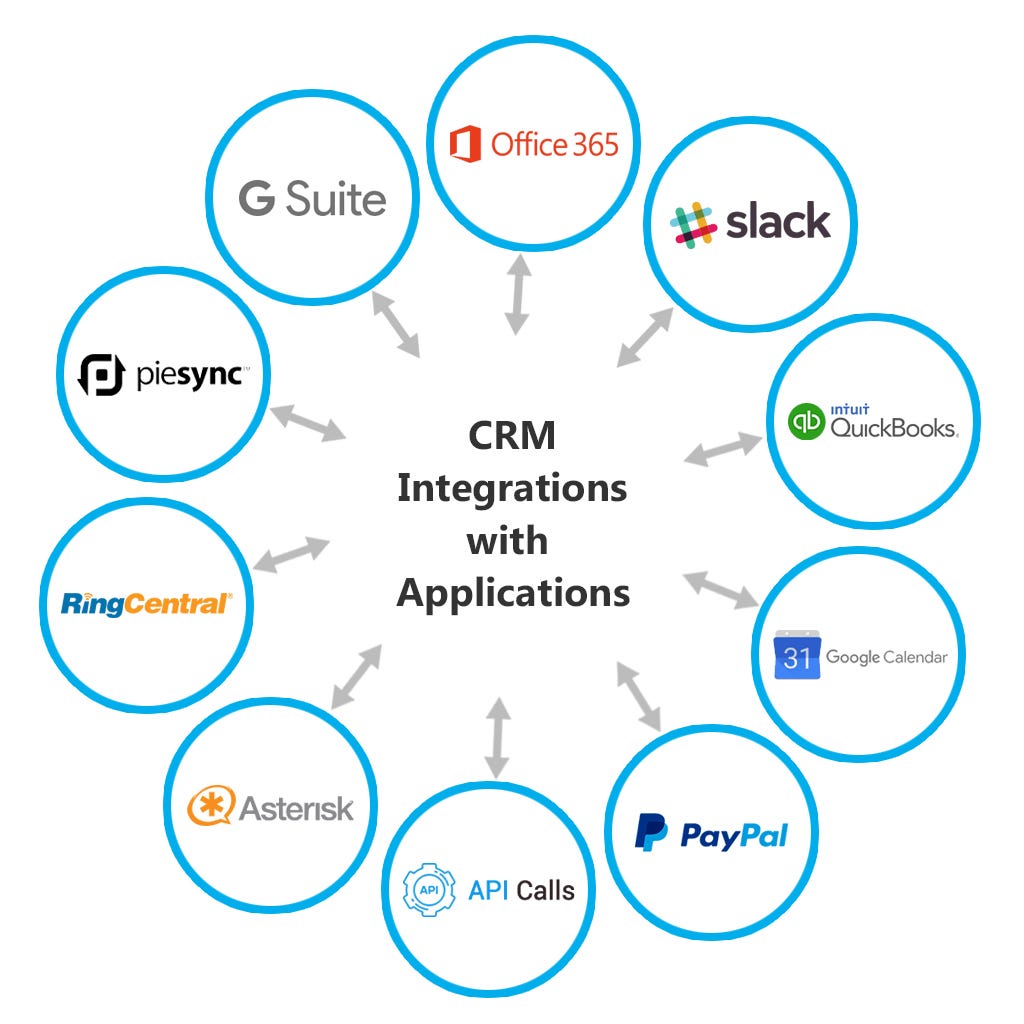Cloud Computing Solutions
In the fast-paced world of technology, Cloud computing solutions have emerged as a game-changer, offering businesses a myriad of benefits and opportunities for growth. From enhancing scalability to improving data security, the realm of cloud computing is vast and transformative. Let’s dive into the world of Cloud computing solutions and explore the endless possibilities it holds.
Overview of Cloud Computing Solutions

Cloud computing solutions encompass a range of services and technologies that enable users to access computing resources over the internet, rather than relying on physical hardware or infrastructure. In today’s digital age, cloud computing has become an integral part of modern technology, offering numerous benefits for businesses of all sizes.
Benefits of Adopting Cloud Computing Solutions
- Scalability: Cloud computing solutions allow businesses to easily scale their computing resources up or down based on their needs, without the need for additional physical infrastructure.
- Cost-effectiveness: By eliminating the need for on-premises hardware and maintenance, cloud computing solutions can help businesses reduce their IT costs and allocate resources more efficiently.
- Flexibility: Cloud computing offers a flexible and agile IT infrastructure that can adapt to changing business requirements and technological advancements.
- Accessibility: With cloud computing solutions, users can access their data and applications from anywhere with an internet connection, enabling remote work and collaboration.
Types of Cloud Computing Solutions
- Infrastructure as a Service (IaaS): Provides virtualized computing resources over the internet, including storage, networking, and virtual machines.
- Platform as a Service (PaaS): Offers a platform for developers to build, deploy, and manage applications without the complexity of infrastructure management.
- Software as a Service (SaaS): Delivers software applications over the internet on a subscription basis, eliminating the need for installation and maintenance.
Comparison of On-Premises Solutions with Cloud Computing Solutions
- On-Premises Solutions: Require businesses to manage and maintain their own physical infrastructure, leading to higher costs and limited scalability.
- Cloud Computing Solutions: Provide a more cost-effective and scalable alternative, offering on-demand access to computing resources without the burden of infrastructure management.
- On-Premises vs. Cloud: While on-premises solutions offer more control and security, cloud computing solutions deliver greater flexibility, accessibility, and cost savings for businesses.
Types of Cloud Computing Services

Cloud computing services offer a range of options to meet different needs, including Infrastructure as a Service (IaaS), Platform as a Service (PaaS), and Software as a Service (SaaS). Each service model provides a unique set of features and benefits to users.
Infrastructure as a Service (IaaS)
Infrastructure as a Service (IaaS) allows users to rent IT infrastructure like servers, storage, and networking resources on a pay-as-you-go basis. This model provides flexibility and scalability, enabling users to quickly scale their infrastructure up or down based on demand. Popular IaaS providers include Amazon Web Services (AWS), Microsoft Azure, and Google Cloud Platform.
- Key Features:
- On-demand access to virtualized resources
- Scalability and flexibility
- High level of control over infrastructure
Platform as a Service (PaaS)
Platform as a Service (PaaS) offers a platform and environment for developers to build, deploy, and manage applications without the complexity of managing the underlying infrastructure. PaaS providers offer tools and services to streamline the development process. Examples of PaaS providers include Heroku, Microsoft Azure App Service, and Google App Engine.
- Key Features:
- Development tools and frameworks
- Automated deployment and scaling
- Collaboration and integration capabilities
Software as a Service (SaaS)
Software as a Service (SaaS) delivers applications over the internet on a subscription basis. Users can access software applications through a web browser without needing to install or maintain the software locally. Popular SaaS providers include Salesforce, Microsoft 365, and Dropbox.
- Key Features:
- Accessible from any device with an internet connection
- Automatic updates and maintenance
- Scalability based on user needs
Cloud Deployment Models

In the realm of cloud computing, various deployment models exist to cater to different needs and requirements of businesses. Let’s dive into the differences and benefits of public, private, hybrid, and multi-cloud deployment models.
Public Cloud
Public cloud deployment involves services offered by third-party providers over the public internet. This model is known for its scalability and flexibility, allowing businesses to easily adjust resources based on demand. Organizations benefit from cost-effectiveness and the ability to access resources from anywhere with an internet connection.
Private Cloud
Private cloud deployment, on the other hand, involves the exclusive use of cloud resources by a single organization. Security considerations are paramount in private cloud deployments as data is stored on-premises or in a dedicated environment. This model offers greater control over data and compliance requirements, making it ideal for industries with strict regulations such as healthcare and finance.
Hybrid Cloud
Hybrid cloud deployment combines the features of both public and private clouds, allowing businesses to leverage the benefits of each. Industries that deal with fluctuating workloads or sensitive data often opt for hybrid cloud solutions. For example, healthcare organizations can store sensitive patient information on a private cloud while utilizing public cloud resources for non-sensitive tasks like email services.
Multi-Cloud
Multi-cloud deployment involves using multiple cloud providers to meet specific needs. This model offers redundancy, avoiding vendor lock-in, and optimizing performance by utilizing the strengths of various providers. Businesses that prioritize flexibility, resilience, and cost optimization often opt for a multi-cloud strategy.
Key Considerations for Choosing Cloud Computing Solutions

When selecting cloud computing solutions, there are several key factors to consider to ensure the best fit for your business needs. From data security to cost-effectiveness, each consideration plays a crucial role in decision-making.
Factors to Consider when Selecting a Cloud Service Provider
- Reputation and reliability of the provider
- Compliance with industry regulations
- Scalability and flexibility of services
- Support and customer service offerings
Importance of Data Security and Compliance in Cloud Computing
- Data encryption and privacy measures
- Compliance with GDPR, HIPAA, and other regulations
- Regular security audits and monitoring
- Disaster recovery and backup solutions
Role of Cost-Effectiveness in Decision-Making for Cloud Solutions
- Comparing pricing structures and plans
- Avoiding hidden costs and overage charges
- Calculating total cost of ownership (TCO)
- Considering long-term savings and benefits
Best Practices for Migrating Existing Applications to Cloud Environments, Cloud computing solutions
- Assessing application compatibility and dependencies
- Testing and validating the migration process
- Implementing gradual migration for minimal disruption
- Training staff on cloud usage and management
FAQs
What are the key benefits of cloud computing solutions?
Cloud computing solutions offer scalability, cost-effectiveness, enhanced data security, and flexibility for businesses.
How do public and private cloud deployment models differ?
Public clouds are shared environments, while private clouds are dedicated to a single organization, offering more control and security.
What factors should be considered when selecting a cloud service provider?
Factors to consider include performance, reliability, security measures, compliance certifications, and scalability options.






